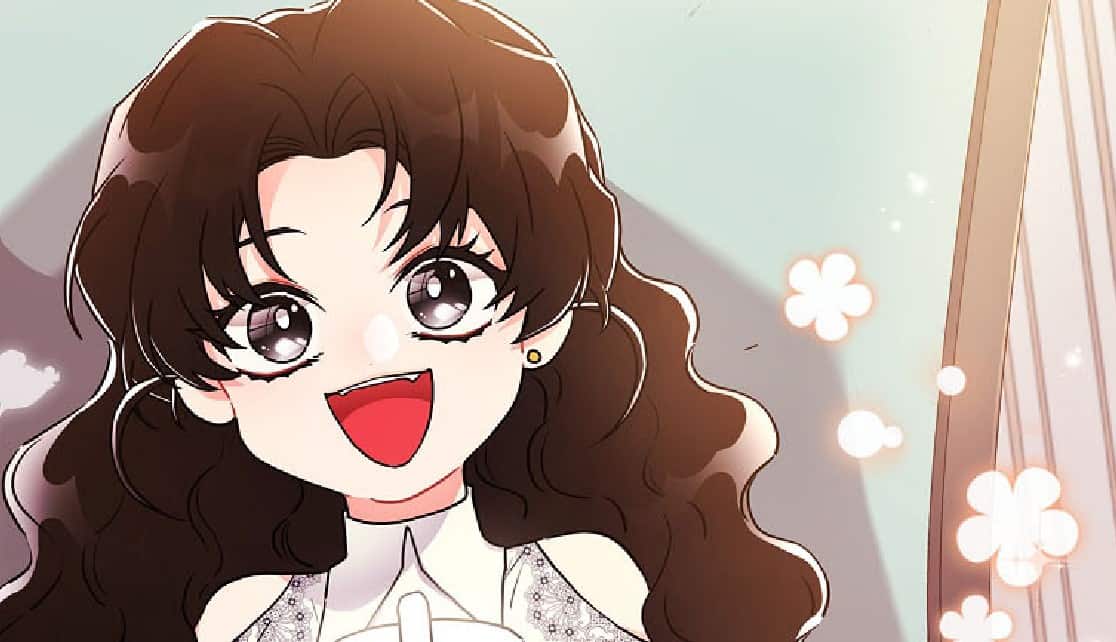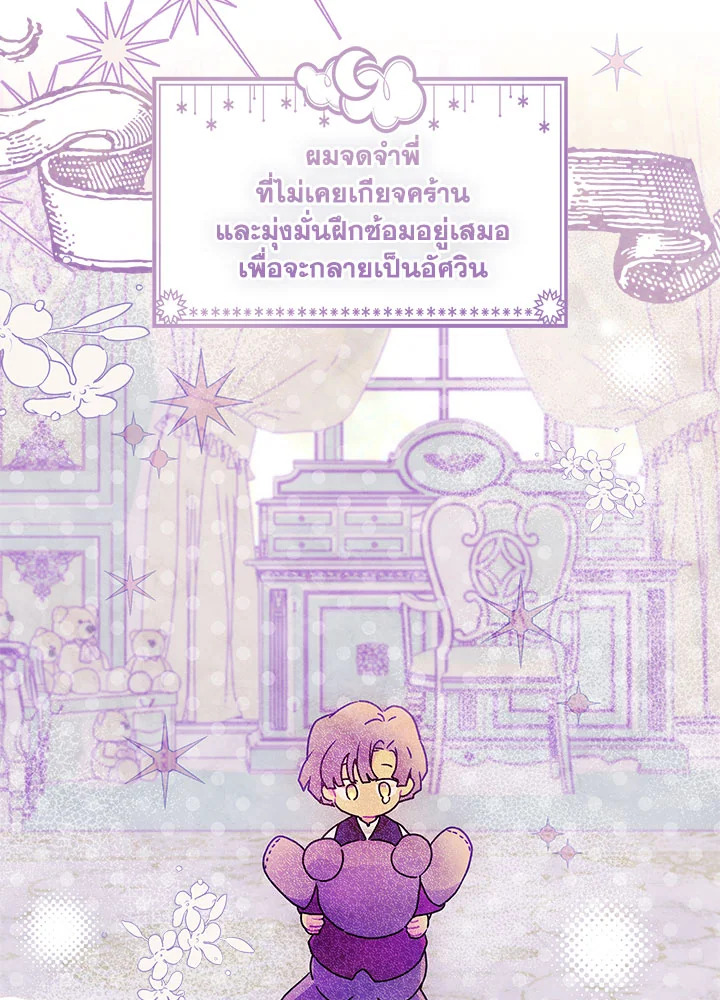Hey there, fellow drama enthusiasts! Brace yourselves because we’re diving deep into a phenomenon that’s got the internet buzzing like a hive of bees. If you’ve been scrolling through social media or binge-watching dramas, chances are you’ve come across the concept of “I Became the Male Lead’s Adopted Daughter.” This storyline has taken the world by storm, sparking debates, memes, and even some serious fan theories. So, what’s all the fuss about? Let’s break it down together, shall we?
Imagine this: you’re a regular ol’ girl living your average life, but fate has other plans. Suddenly, you find yourself adopted by the male lead, a character who’s rich, charming, and oh-so-dramatic. Sounds like a dream, right? Well, not so fast. This storyline is more than just a Cinderella moment; it’s a complex web of emotions, relationships, and societal expectations. And guess what? It’s here to stay, so let’s figure out why it’s such a big deal.
This phenomenon isn’t just about the plot twist; it’s about the deeper meanings hidden beneath the surface. From family dynamics to power struggles, “I Became the Male Lead’s Adopted Daughter” offers a unique perspective on modern storytelling. So, buckle up because we’re about to take a wild ride through the intricacies of this captivating trend.
Read also:Biblically Accurate Pigeon Exploring The Divine Role Of Pigeons In Scripture
Here’s the deal, folks—this article is your ultimate guide to understanding the hype around this phenomenon. We’ll explore everything from its origins to its impact on pop culture, all while keeping things fun, informative, and easy to digest. Now, let’s get started with a quick overview of what’s coming up:
- The Origins of the Phenomenon
- Understanding the Storyline
- Why It’s So Popular
- Key Themes Explored
- Psychological Insights
- Notable Examples in Media
- Cultural Impact and Influence
- Criticism and Controversy
- The Future of the Trend
- Final Thoughts
The Origins of the Phenomenon
Alright, let’s rewind a bit and talk about where this whole thing started. The concept of “I Became the Male Lead’s Adopted Daughter” can be traced back to web novels and light novels, which are like the unsung heroes of modern storytelling. These novels often explore unconventional relationships and unexpected plot twists, and this particular trope quickly gained traction.
What’s fascinating is how this idea evolved from written word to visual media. As streaming platforms and social media became more prominent, creators realized the potential of this storyline to captivate audiences. It’s like a snowball effect—once it started rolling, there was no stopping it. And trust me, the fans were here for it!
Early Examples and Influences
Now, let’s talk about some early examples that paved the way for this trend. One of the first instances can be found in a web novel titled “Accidentally Adopted by the Male Lead,” which became a sensation in online communities. The story follows a young girl who, through a series of coincidences, becomes the adopted daughter of a wealthy businessman. Sound familiar? Yeah, it’s basically the blueprint for everything that came after.
Another influential work is the Korean drama “My Daughter, Geum Sa-wol,” which, although not a direct match, explores similar themes of adoption and family dynamics. These early works laid the foundation for what would become a global phenomenon, proving that great stories transcend borders and cultures.
Understanding the Storyline
Let’s break down the storyline for those who might be new to this concept. At its core, “I Became the Male Lead’s Adopted Daughter” revolves around a protagonist who, through fate or circumstance, becomes the adopted daughter of a male lead. This twist usually sets off a chain of events that challenge societal norms and personal boundaries.
Read also:Lauren Hammersley A Rising Star In The Spotlight
Here’s the kicker: the storyline isn’t just about the adoption itself. It delves into the complexities of family relationships, power dynamics, and emotional growth. Think of it as a rollercoaster ride filled with twists, turns, and plenty of heartwarming moments.
Key Elements of the Storyline
So, what makes this storyline so compelling? Let’s take a look at some of the key elements:
- Unexpected Adoption: The protagonist’s adoption by the male lead is often unexpected and comes with its own set of challenges.
- Power Dynamics: The relationship between the adoptive father and daughter is filled with tension and evolving dynamics.
- Family Drama: Of course, no good story is complete without some drama, and this trope delivers in spades.
- Emotional Growth: Both the protagonist and the male lead undergo significant personal growth throughout the story.
These elements combine to create a narrative that’s both relatable and exhilarating, keeping audiences hooked from start to finish.
Why It’s So Popular
Now, here’s the million-dollar question: why is this phenomenon so popular? The answer lies in its universal appeal. People love stories that challenge societal norms and offer a fresh perspective on familiar themes. Plus, who doesn’t love a good underdog story?
Another reason for its popularity is the emotional connection it fosters with the audience. The struggles and triumphs of the protagonist resonate with viewers on a personal level, making the experience more immersive. And let’s not forget the drama—it’s like a soap opera on steroids!
Audience Engagement and Fandom
The fandom surrounding this phenomenon is nothing short of incredible. Fans create fan art, write fanfiction, and even organize events centered around their favorite stories. This level of engagement shows just how passionate people are about this trope. It’s not just about watching or reading—it’s about being part of a community that shares the same love for these narratives.
Key Themes Explored
Let’s talk about the themes that make this phenomenon so intriguing. At its heart, “I Became the Male Lead’s Adopted Daughter” explores themes of identity, family, and societal expectations. These themes are woven into the storyline in ways that challenge viewers to think critically about their own lives and relationships.
One of the most compelling aspects is how it addresses the concept of family. In many cultures, family is seen as a source of strength and support, but this trope flips that notion on its head. It asks questions like: What does it mean to be a family? Is blood really thicker than water? These questions linger long after the story ends, leaving a lasting impact on the audience.
Exploring Identity and Belonging
Identity is a recurring theme in this phenomenon. The protagonist often grapples with questions of self-worth and belonging, especially in the face of societal pressure. This exploration of identity is not only relatable but also empowering, as it encourages viewers to embrace their true selves.
Psychological Insights
From a psychological perspective, this phenomenon taps into some pretty deep stuff. The concept of adoption, especially in a fictional context, triggers emotions related to attachment, trust, and belonging. It’s like a psychological rollercoaster that takes viewers on a journey of self-discovery.
Additionally, the power dynamics between the adoptive father and daughter evoke feelings of admiration and respect. These dynamics are often portrayed in a way that challenges traditional gender roles, offering a refreshing take on modern relationships.
The Emotional Impact on Viewers
The emotional impact of this phenomenon cannot be overstated. Viewers often find themselves rooting for the protagonist, empathizing with their struggles, and celebrating their victories. This emotional connection is what makes the experience so memorable and meaningful.
Notable Examples in Media
Now, let’s take a look at some notable examples of this phenomenon in media. From web novels to dramas, there are plenty of works that have made a significant impact on audiences worldwide.
One standout example is the web novel “Adopted by the Male Lead,” which has been adapted into multiple formats, including manhwa and drama series. Its success is a testament to the universal appeal of this trope. Another noteworthy example is the Korean drama “Hotel del Luna,” which, while not a direct match, explores similar themes of family and identity.
Drama Adaptations and Their Success
Drama adaptations of these stories have been incredibly successful, proving that the concept translates well to visual media. These adaptations often add layers of complexity to the storyline, making them even more captivating for audiences. The combination of talented actors, stunning visuals, and compelling narratives creates a viewing experience that’s hard to beat.
Cultural Impact and Influence
The cultural impact of this phenomenon is significant, influencing everything from fashion to language. Fans have embraced the aesthetic of these stories, incorporating elements into their everyday lives. It’s like a cultural movement that’s here to stay.
Moreover, this phenomenon has sparked conversations about adoption, family dynamics, and societal expectations, bringing these topics to the forefront of public discourse. It’s not just entertainment—it’s a catalyst for change.
Global Reception and Cross-Cultural Appeal
The global reception of this phenomenon is a testament to its cross-cultural appeal. Audiences from all over the world have embraced these stories, proving that great storytelling transcends borders and languages. It’s a reminder that, at our core, we’re all connected by the same hopes, dreams, and struggles.
Criticism and Controversy
Of course, no phenomenon is without its critics. Some argue that this trope perpetuates certain stereotypes or ignores important issues. While these criticisms are valid, they also offer an opportunity for dialogue and growth.
Others believe that the storyline relies too heavily on clichés, which can detract from its impact. However, proponents argue that these clichés are what make the story relatable and enjoyable for audiences. It’s a balancing act that creators must navigate carefully.
Addressing Concerns and Moving Forward
To address these concerns, creators are increasingly incorporating diverse perspectives and fresh takes on the trope. This evolution ensures that the phenomenon remains relevant and engaging for future generations of viewers.
The Future of the Trend
So, where is this trend headed? The future looks bright for “I Became the Male Lead’s Adopted Daughter.” As creators continue to push boundaries and explore new angles, the phenomenon is sure to evolve in exciting ways. We can expect to see more diverse stories, innovative adaptations, and even crossover collaborations.
One thing’s for sure: this trend isn’t going anywhere anytime soon. Its universal appeal and emotional resonance ensure that it will continue to captivate audiences for years to come.
Innovation and Evolution in Storytelling
The key to the trend’s longevity lies in innovation. Creators who are willing to take risks and experiment with new ideas will be the ones who shape the future of this phenomenon. By embracing change and staying true to the core values of the trope, they can ensure its continued success.
Final Thoughts
And there you have it, folks—a deep dive into the world of “I Became the Male Lead’s Adopted Daughter.” From its origins to its cultural impact, this phenomenon has proven to be a force to be reckoned with. It’s more than just a storyline; it’s a reflection of our shared humanity and a celebration of the power of storytelling.
So, what’s next? Well, that’s up to you, dear reader. Whether you’re a fan of the trope or just curious about its appeal, we encourage you to dive deeper, explore new stories, and join the conversation. Leave a comment, share your thoughts, or check out some of the amazing works inspired by this phenomenon. The world of storytelling is waiting for you!
Until next time, keep those pages turning and those screens glowing. Happy reading, and remember—sometimes, the best stories are the ones that surprise us the most. Cheers!


